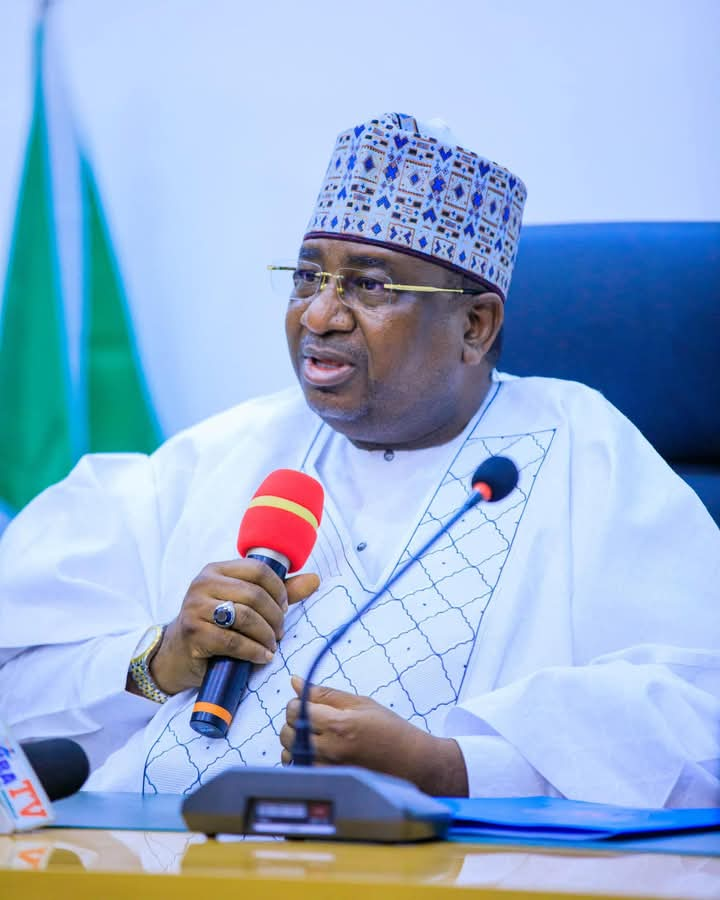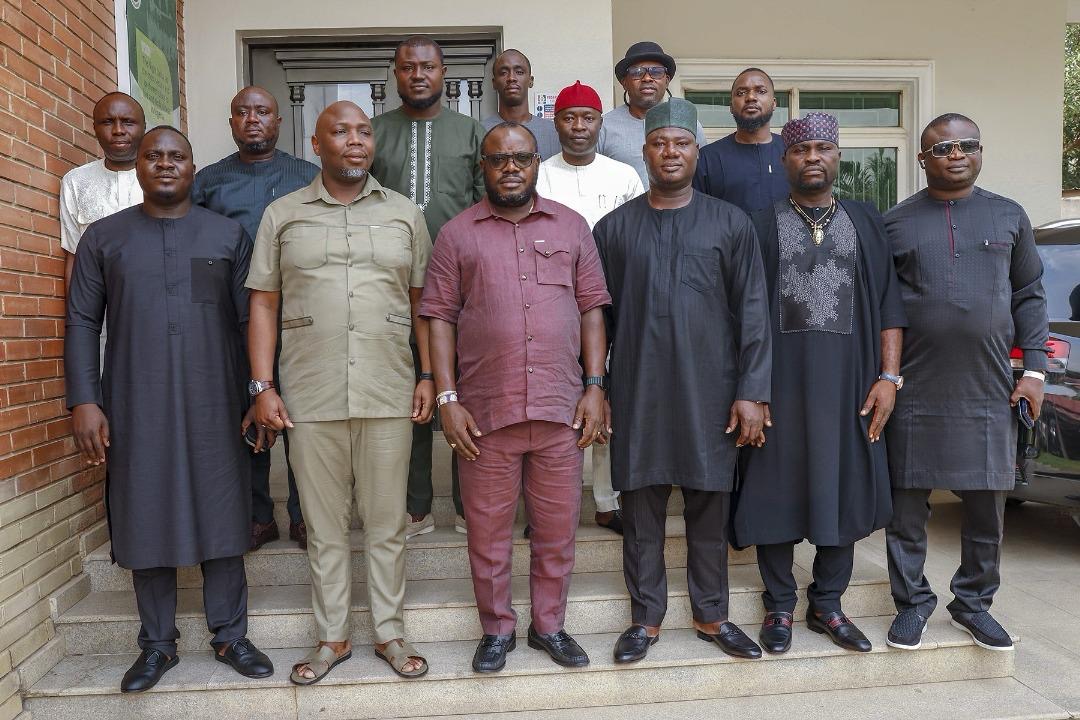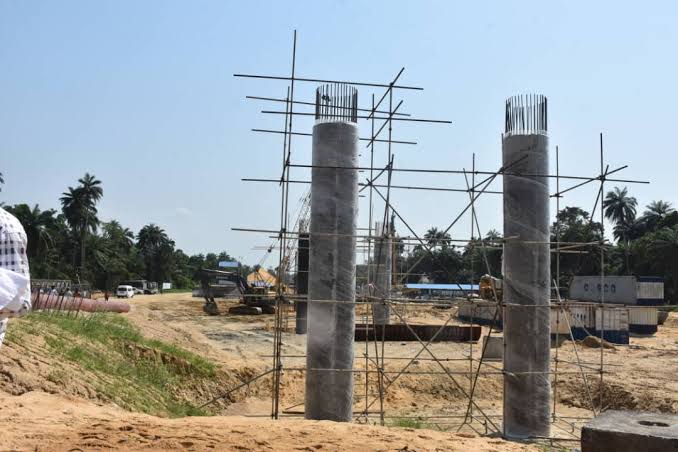By: Abba Onyekachukwu, Abuja.
In a significant move to reposition Nigeria’s leather industry for economic growth, the Steering Committee on the Strategic Implementation Plan of the Leather and Leather Products Policy met with the Honourable Minister of State for Industry, Sen. John Owan Enoh, according to a press statement from the Dr. Thomas Adebayo, the Director, Press and Publicity, Federal Minister of Industry, Trade and Investment (FMITI) on Thursday.
The meeting, held at the Federal Ministry of Industry, Trade, and Investment (FMITI) in Abuja, marked a crucial high-level advocacy engagement aimed at driving the industry’s development.
Senator Enoh reaffirmed the Ministry’s commitment to supporting the leather industry, recognizing its vital role in job creation, economic diversification, and technological advancement. He emphasized the need for the committee to document the challenges hindering the effective implementation of the Leather Policy and identify areas where the Ministry can provide strategic support. This move is expected to bolster the industry’s growth and unlock its potential to contribute significantly to Nigeria’s economy.
The Minister emphasized the need to find alternative uses for Ponmo, processed cowhide, urging its utilization in leather production instead of as food. By providing substitutes, Nigerians can be encouraged to redirect hides and skins toward industrial development. The Minister assured the committee of his full cooperation, stressing the importance of collaboration to achieve milestones. He highlighted NILEST’s crucial role in Nigeria’s economic transformation through research, training, and innovation.
Dr. Auwal Mustapha Imam, Chairman of the National Steering Committee, commended the Minister for his proactive approach and support. He noted progress in implementing the National Leather and Leather Products Policy, including skill acquisition programs, research, and establishing 22 extension centers nationwide to empower leather value chain actors.
The establishment of 22 extension centers across Nigeria is a significant milestone in empowering leather value chain actors. Furthermore, the meeting provided a platform to discuss key policy recommendations aimed at transforming the sector.
Some of the proposed recommendations include: Full implementation of the leather policy to drive growth; Inclusion of the leather sector in national MSME survival programs; Single-digit interest loans for leather entrepreneurs through the Bank of Industry; Partnership with global partners to modernize Nigeria’s leather industry; Strengthening campaigns to promote “Buy Made-in-Nigeria Leather Products,” and Creation of a $1 billion fund to scale up the sector
These initiatives mark a significant step towards advancing Nigeria’s leather sector, unlocking its potential to compete globally, and creating a more sustainable and economically viable industry.













